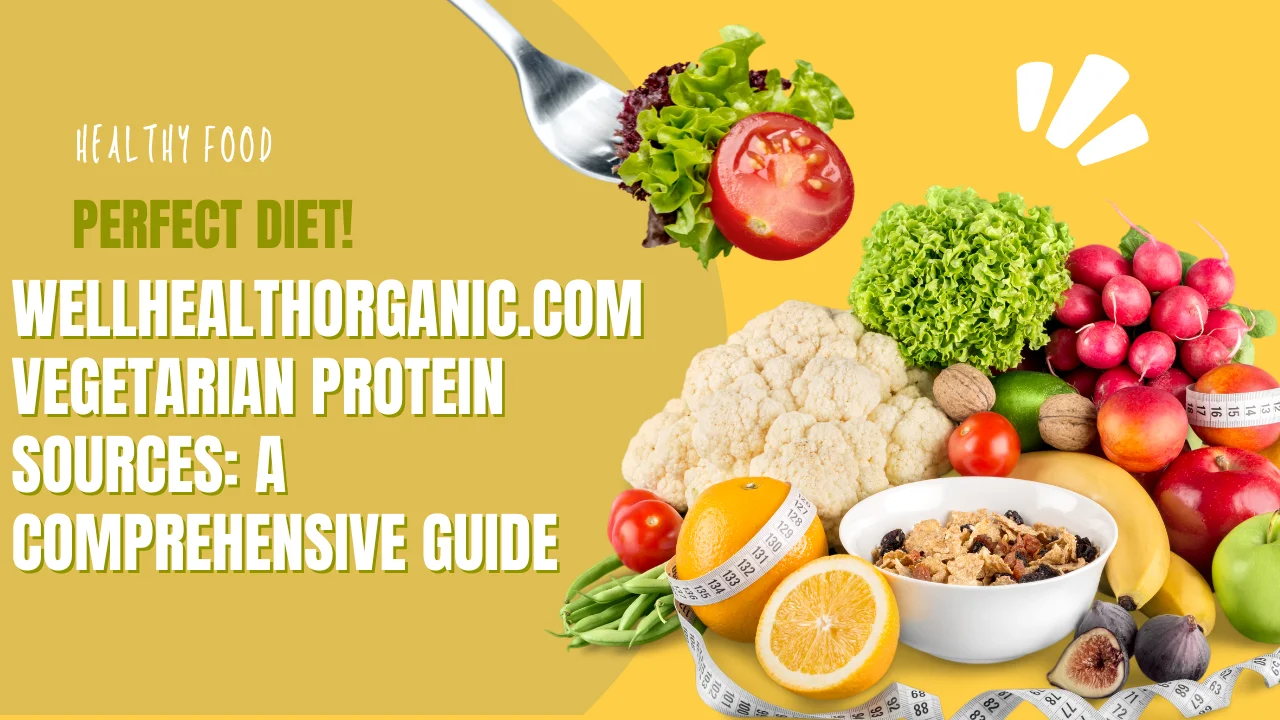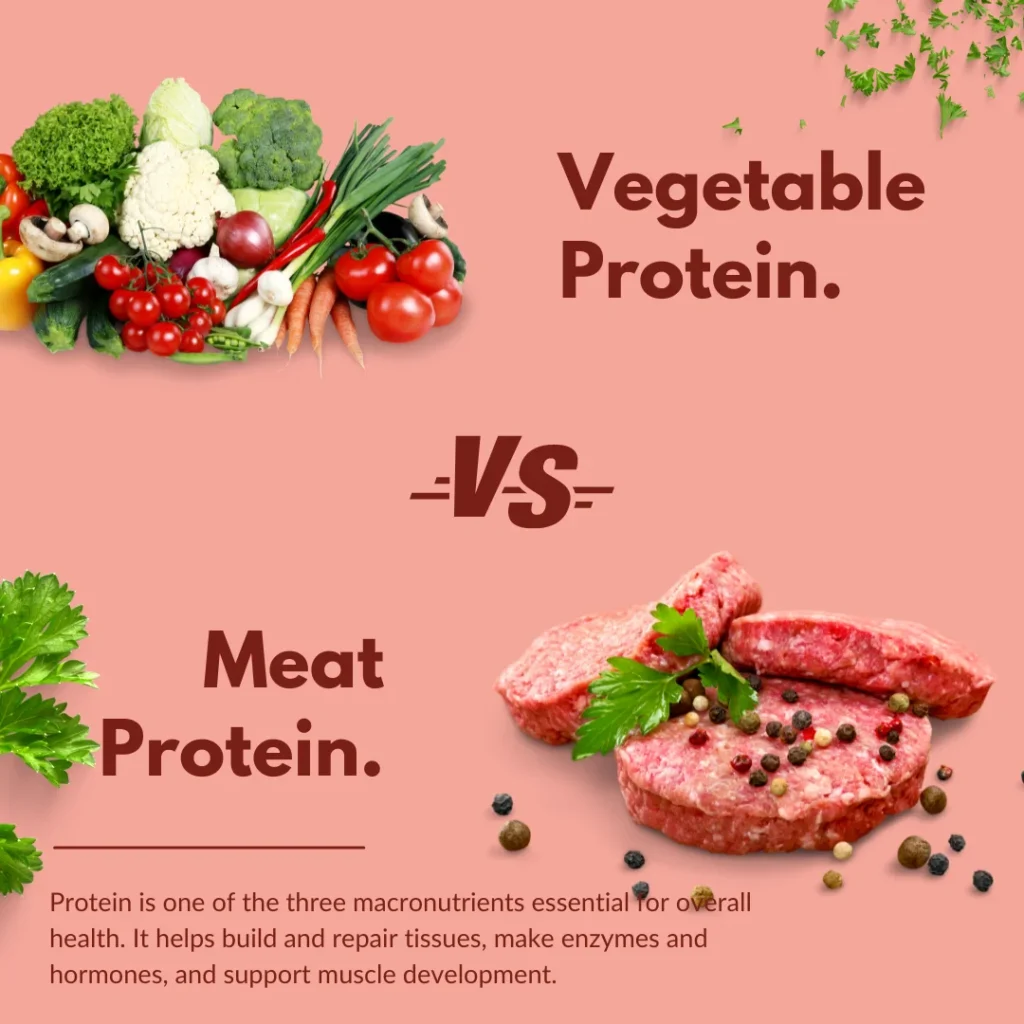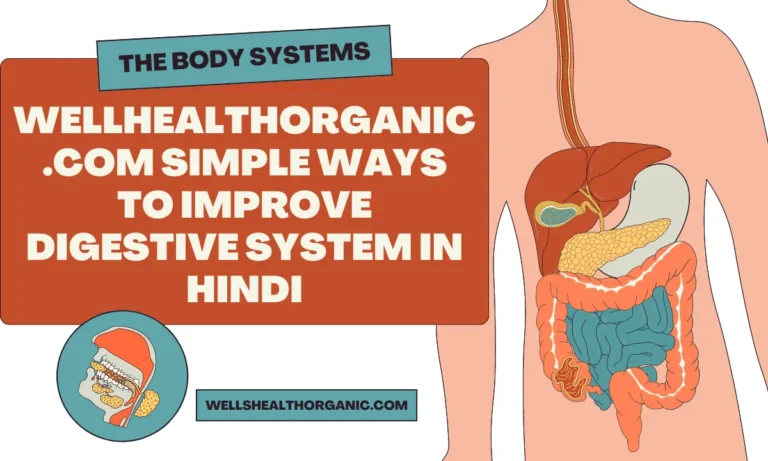Wellhealthorganic.com Vegetarian Protein Sources Comprehensive Guide

In the journey towards a healthier and more sustainable lifestyle, many people are exploring plant-based diets. One of the most common concerns for those considering a vegetarian lifestyle is ensuring they consume enough protein. If you’ve been looking for comprehensive information on vegetarian protein, look no further. This article will explore the top vegetarian protein sources and how to incorporate them into your diet. For detailed insights, you can visit https://wellhealthorganic.com/vegetarian-protein-sources.
Why Protein is Essential
Protein is one of the three macronutrients essential for overall health. It helps build and repair tissues, make enzymes and hormones, and support muscle development. For vegetarians, finding adequate protein sources can sometimes be challenging but not impossible. Fortunately, there are a wide variety of plant-based protein options available.
Top Vegetarian Protein Sources
There are several foods packed with protein that vegetarians can include in their daily meals. One of the most well-known sources of plant-based protein is lentils. Lentils are incredibly versatile and can be used in soups, stews, or even salads. A single cup of cooked lentils contains about 18 grams of protein. This makes them an excellent option for vegetarians aiming to meet their daily protein requirements. For more suggestions on vegetarian proteins, you can check https://wellhealthorganic.com/vegetarian-protein-sources.
Another great source of vegetarian protein is chickpeas. These legumes are not only rich in protein but also provide important nutrients such as fiber and iron. You can easily add chickpeas to a variety of dishes like hummus, salads, or even as a crunchy roasted snack.
Soy products, particularly tofu and tempeh, are also excellent sources of protein. Tofu, which is made from soybeans, offers around 10 grams of protein per 100 grams. It’s a versatile food that can be used in stir-fries, salads, or even as a meat substitute in burgers. Tempeh, on the other hand, is made from fermented soybeans and contains a whopping 21 grams of protein per 100 grams. Both of these options can help vegetarians meet their daily protein needs.
For those who enjoy grains, quinoa is a perfect protein-packed choice. Quinoa is unique because it is a complete protein, meaning it contains all nine essential amino acids. A cup of cooked quinoa provides about 8 grams of protein, and it can be easily integrated into salads, as a base for veggie bowls, or as a side dish. If you’re searching for more insights on these foods, feel free to visit https://wellhealthorganic.com/vegetarian-protein-sources.
Incorporating nuts and seeds into your diet is another excellent way to boost your protein intake. Almonds, chia seeds, and hemp seeds, for instance, are rich in healthy fats and proteins. A handful of almonds can provide around 6 grams of protein, while chia seeds offer 4 grams of protein per ounce. Hemp seeds are an underrated powerhouse, offering around 10 grams of protein per three tablespoons.
Also Read: Prisha Fashion and Beauty: Guide to Products and The Brand
Dairy Options for Vegetarians
For vegetarians who consume dairy, Greek yogurt and cottage cheese are rich sources of protein. Greek yogurt, in particular, is a standout with around 10 grams of protein per 100 grams. It’s a great breakfast option when paired with fruits or granola. Cottage cheese is another great addition, providing 11 grams of protein per half-cup. Both are versatile, delicious, and help fill the protein gap for vegetarians.
Seitan: A Hidden Gem
If you’re not familiar with seitan, it’s a protein-rich food made from wheat gluten. It mimics the texture of meat and is a great meat substitute in dishes like stir-fries and sandwiches. Seitan contains about 25 grams of protein per 100 grams, making it one of the richest sources of plant-based protein. This wheat-based protein is especially popular among those who follow a vegan diet. You can learn more about seitan and other vegetarian proteins by visiting https://wellhealthorganic.com/vegetarian-protein-sources.
Balancing Protein in Your Diet
It’s crucial to incorporate a variety of these vegetarian protein sources into your daily meals to ensure you’re getting enough of all the essential amino acids. One simple way to do this is by combining different protein-rich foods throughout the day. For example, pairing lentils with rice or eating hummus with whole grain pita can help you get a complete protein profile. Incorporating diverse foods not only meets protein needs but also adds flavor and variety to your meals.
To summarize, achieving a well-rounded diet rich in protein as a vegetarian is entirely possible. By including foods like lentils, chickpeas, tofu, quinoa, nuts, and seeds in your diet, you can easily meet your protein requirements. Dairy products like Greek yogurt and cottage cheese, as well as meat substitutes like seitan, also play a crucial role in a vegetarian’s diet. You can explore further details and tips on this by visiting https://wellhealthorganic.com/vegetarian-protein-sources.
Also Read: Arhar Dal Recipe: A Staple Dish in Indian Kitchens
Table of Popular Vegetarian Protein Sources
| Protein Source | Protein Content (Per 100g) | Additional Benefits |
|---|---|---|
| Lentils | 9g | High in fiber and iron |
| Chickpeas | 19g | Rich in fiber and versatile |
| Tofu | 10g | Low in calories, rich in calcium |
| Tempeh | 21g | High in probiotics and vitamins |
| Quinoa | 8g | Complete protein, gluten-free |
| Almonds | 6g | Packed with healthy fats |
| Chia Seeds | 4g | High in omega-3s and fiber |
| Seitan | 25g | Meat-like texture, versatile in cooking |
This table highlights the top vegetarian protein sources, making it easier to select foods that meet your protein needs.
In conclusion, plant-based protein is abundant, and a well-planned vegetarian diet can easily fulfill your protein requirements. By incorporating a variety of sources from the list provided, you can enjoy a healthy, balanced, and protein-rich vegetarian diet.

Also Read: Wellhealthorganic Vitamin B12: A Comprehensive Guide
Top Vegetarian Protein Sources for a Balanced Diet
Switching to a vegetarian lifestyle requires careful attention to nutrition, especially ensuring adequate protein intake. Fortunately, there are numerous plant-based sources to meet these needs.
Legumes, such as lentils and chickpeas, are rich in protein and fiber. One cup of cooked lentils provides about 18 grams of protein. These versatile foods are also packed with nutrients like iron and magnesium.
Soy-based products, like tofu and tempeh, are excellent substitutes for meat, offering between 10-21 grams of protein per 100 grams. Tofu is particularly versatile, easily absorbing flavors, while tempeh’s fermentation adds a nutty taste and probiotics for gut health. Both provide essential amino acids and minerals, making them core staples for vegetarians.
Quinoa, a complete protein, contains all nine essential amino acids and provides about 8 grams of protein per cup. Quinoa is gluten-free and works well as a base for salads, bowls, or side dishes. This makes it perfect for those seeking to diversify their protein sources.
Nuts and seeds such as almonds, chia seeds, and hemp seeds also add variety to a vegetarian diet. Almonds offer 6 grams of protein per ounce and are packed with healthy fats. Chia seeds contain 4 grams of protein per ounce and are rich in omega-3s, while hemp seeds boast 10 grams of protein per three tablespoons. These options are great as snacks or toppings on smoothies and salads.
For dairy-consuming vegetarians, Greek yogurt and cottage cheese are great protein sources, with about 10-11 grams of protein per 100 grams. These can easily be paired with fruits, nuts, or honey for a balanced and protein-rich snack.
An often overlooked but powerful protein source is seitan, made from wheat gluten. It contains a massive 25 grams of protein per 100 grams, making it one of the richest plant-based proteins. Its meat-like texture makes it an excellent meat substitute in sandwiches, stir-fries, and grilled dishes.
Also Read: Heritage Health Insurance: A Comprehensive Guide
Top Vegetarian Protein Sources:
| Protein Source | Protein Content (Per 100g) | Key Nutritional Benefit |
|---|---|---|
| Lentils | 9g | High in fiber and iron |
| Chickpeas | 19g | Rich in fiber, supports digestive health |
| Tofu | 10g | Contains essential amino acids |
| Tempeh | 21g | Rich in probiotics, boosts gut health |
| Quinoa | 8g | Complete protein, gluten-free |
| Almonds | 6g | High in healthy fats and vitamin E |
| Chia Seeds | 4g | High in omega-3 fatty acids |
| Seitan | 25g | Great meat substitute, low in fat |
Maximizing Your Protein Intake on a Vegetarian Diet
One common concern https://wellhealthorganic.com/vegetarian-protein-sources and with plant-based proteins is that some are incomplete, meaning they don’t contain all the essential amino acids your body needs. However, this can easily be addressed by combining foods. For example, pairing rice and beans or eating whole-grain bread with hummus ensures you get a complete protein profile. Combining a variety of plant-based proteins throughout the day will meet your amino acid requirements.
Snacking can also be a useful way to increase your protein intake. Snacks like roasted chickpeas, almond butter on whole-grain toast, or Greek yogurt with chia seeds are not only high in protein but also easy to prepare and delicious. Incorporating these options ensures that your body remains fueled throughout the day.
Also Read: XL Health India: A Comprehensive Guide
For more insights and suggestions on incorporating these foods into your diet, you can visit https://wellhealthorganic.com/vegetarian-protein-sources.






